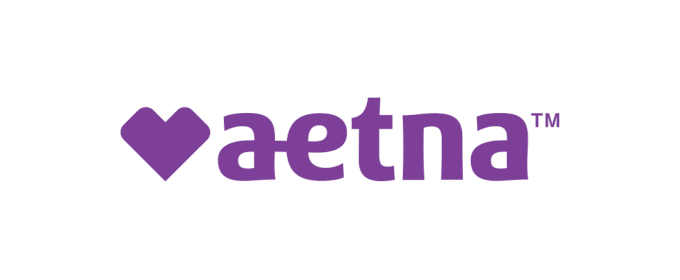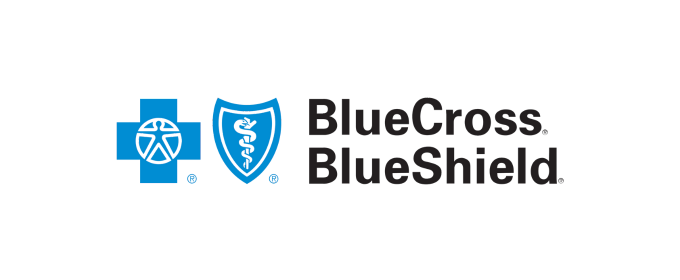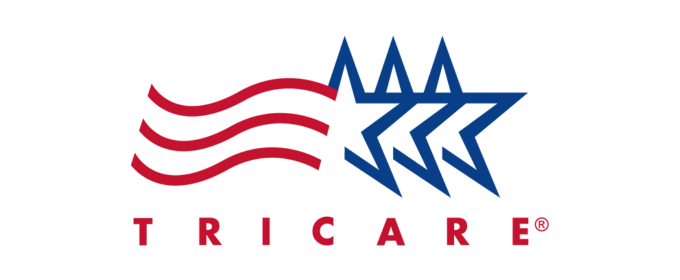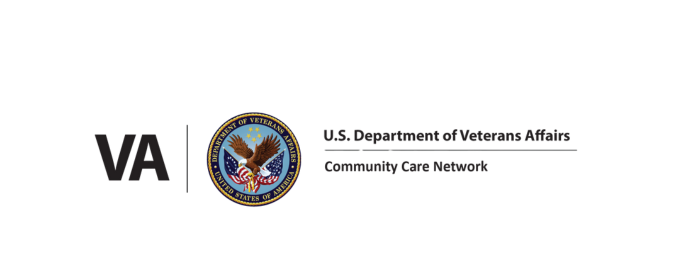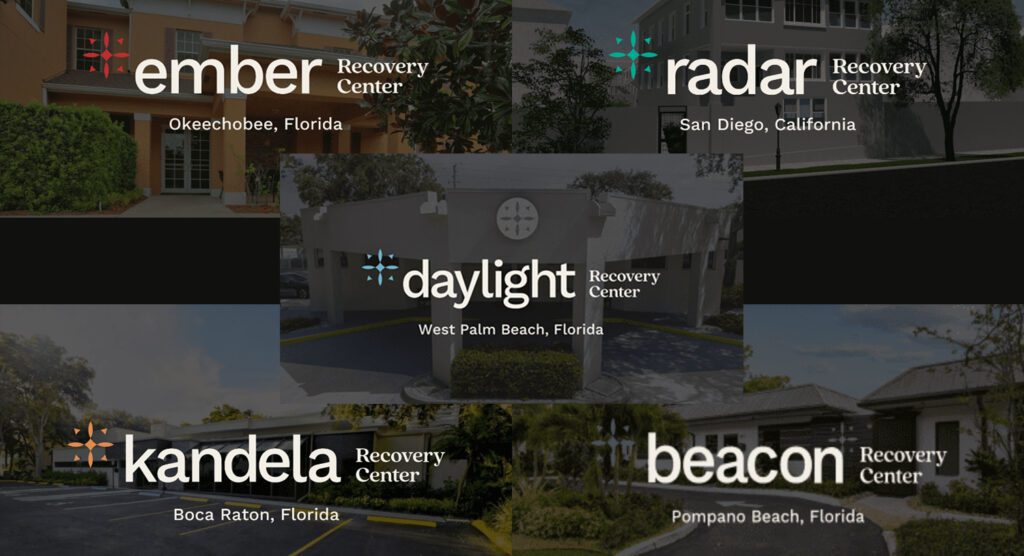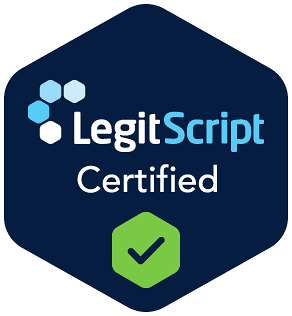Inhalant Addiction & Abuse
Inhalants are volatile substances that produce chemical vapors that can be inhaled to induce a psychoactive, or mind-altering, effect. Using inhalants can be very harmful to your brain and body. It can even lead to death.
Inhalant Abuse And Addiction
Nitrites, gases, aerosol sprays, paint thinners, markers, and glues are easily bought in stores and found around homes and workplaces. They are not meant to be used as drugs, but when they are, they are known as inhalants; they are exclusively used by way of inhalation. Misusing products and chemicals as inhalants is not common among all age groups, but it does occur among a subset of people who may or may not use other substances illicitly.
Whether it’s due to the ease by which inhalants can be purchased or the low cost of the expected high, some people use inhalants. However, no one sets out with the explicit goal of falling victim to an inhalant addiction. Inhalant use can start out as an occasional thing, but addiction occurs when someone continues to use inhalants regardless of the negative consequences that follow. If you are experiencing an addiction to inhalants and/or other substances, contact us for substance addiction intervention and rehabilitation. Call our inhalant addiction hotline 24/7 at 1-888-307-1527.
Substance abuse can have extremely negative consequences. Learn more about the risks and consequences of inhalant addiction and get the help you need. Drug addiction is not easily treated or cured without medical intervention.
What Are The Factors Leading To Inhalant Abuse?
Some of the common risk factors of inhalant abuse include:
- A family history of drug and/or alcohol abuse
- A personal history of drug and/or alcohol abuse
- An untreated mental illness
- Traumatic experiences
- Social influences
It is possible to use inhalants without developing an addiction, but continued use increases the risk of addiction.
Inhalant Addiction Facts
Chemicals that are used as inhalants can, and do, cause damage to the brain and body. Asphyxiation, seizures, heart attacks, and other medical emergencies are possible. Use of inhalants can result in brain damage and death. Regardless, people misuse chemicals in order to get high and some develop an inhalant addiction.
Younger age groups find inhalants to be an easy high because the chemicals that are used are found in common household items. They can be used without eliciting suspicion from anyone and possession doesn’t constitute a crime. Individuals in older age groups use inhalants for the same reasons. Regardless of the age group a user is in, inhalant use is extremely harmful to one’s health and well-being.
Withdrawal symptoms can occur when someone who is addicted to inhalants ceases to use them. They include the following:
- Headaches
- Restlessness
- Hallucinations
- Delusions
- Depression
- Seizures
- Nausea
With proper medical treatment, it is possible to overcome an inhalant addiction.

How To Get Inhalant Addiction Help
Neurological damage and other health problems arise out of inhalant use. Inhalant addiction has life-threatening consequences, and the high that is produced is a direct result of damage that has occurred. Brain damage, liver damage, a heart attack, asphyxiation, and more are possible if not likely. Recovering from an inhalant addiction can be difficult, but if you are addicted, please realize that you are not alone.
The first step toward recovery can be intimidating, but we are here to provide help as you begin your journey toward a better life. Contact us 24/7 at our addiction hotline. We can help change your life so that you can be free of your inhalant addiction.
With proper intervention and care, you can safely recover from your inhalant addiction.
How Can Flyland Detox Help With Inhalant Addiction And Inhalant Abuse?
Time and again, Flyland Recovery Network has shown that drug addiction treatment works best when expertise meets compassion, attentiveness, and a fixed set of sound philosophical principles.
We utilize evidence-based drug abuse treatments that have been proven time and again. Additionally, we believe that if an inhalant addiction treatment plan is going to be effective, patients should be in a clean and structured environment. You can expect Flyland Recovery Network to protect your privacy and provide you with exceptional care. Group therapy sessions and counseling are parred for the course, and a dedicated staff of qualified professionals will facilitate your recovery every step of the way. Integrative services such as massage therapy, auriculotherapy, chiropractic care, meditation, and nutrition education are included.
Substance addiction is when a person continues to use a substance regardless of the negative consequences that follow. Thankfully, you can end your addiction to inhalants. It may seem difficult, but you can recover with an effective inhalant addiction rehabilitation plan.
A time of withdrawal and detoxification is part of the inhalant addiction recovery process. Unpleasant withdrawal symptoms will occur, but our experienced and dedicated staff will help you stay safe and comfortable. Many withdrawal symptoms will last only a few days, but some (e.g. anxiety) can persist. However, with the proper care, you can recover from your addiction and achieve long-term sobriety.
An aftercare addiction plan is important for your continued sobriety. Support groups can help you maintain your sobriety. Relapse is possible, but your chances of relapsing decrease the longer you stay sober. The journey toward addiction recovery begins with a customized rehabilitation and recovery plan at a licensed addiction recovery center. Let Flyland Recovery Network be your catalyst to a new and better life today.

How Can I Prevent Relapse And Stay Sober?
With a vast amount of experience, we know that barbiturate addiction treatment is most successful with a well-thought-out plan, targeted purpose, nearly immediate responsiveness, sharing expertise, and holding onto our foundational set of sound philosophical principles.
Flyland Recovery Network uses evidence-based barbiturate abuse treatment and intervention methods that have been proven to be successful. Each individual needs to be in a clean and structured environment for a barbiturate addiction treatment plan to be successful. We offer private and group therapy sessions, counseling, coping tools, and information about preventing relapse as part of your barbiturate addiction treatment plan. We also provide integrative amenities and services such as chiropractic, massage therapy, meditation, and nutrition education.
At Flyland Recovery Network, you can end your addiction to barbiturates, and you can start the recovery process with an intervention plan. However, before recovery happens, your body has to experience a time of barbiturate withdrawal.
During this barbiturate withdrawal time, you can expect symptoms, and we assist you through these symptoms by helping you stay as safe and as comfortable as possible. We’ll take these necessary steps with you to help you create a sober lifestyle and better life.
Addiction to inhalants is serious and potentially life-threatening, but treatable. If you do not follow your inhalant addiction recovery plan, your chances of relapse increase.
Some of the most popular substance abuse relapse prevention strategies include:
- Exercising
- Avoiding people and places that trigger your cravings
- Avoiding activities that threaten your sobriety
- Narcotics Anonymous (NA) meetings
- Support Groups
- Lifestyle changes
- Therapy sessions
- Faith
What Insurance Do I Need To Attend Flyland Detox Center For Inhalant Addiction Treatment?
Because of the Mental Health Parity and Addiction Equity Act (MHPAEA) of 2008, insurance companies cover treatments for substance use and mental health conditions like they do for other diseases (e.g., heart or lung disease). Licensed, high-quality substance addiction treatment centers can be costly to attend. It is important to have insurance for substance addiction intervention if you suffer from inhalant addiction and need to recover.
Please contact your health insurance provider to know what type of drug addiction treatment is covered and/or which substance addiction rehabilitation centers can be fully or partially covered. Flyland Recovery Network provides free insurance verifications for drug abuse treatment plans. With the utmost level of confidentiality, we can help you verify your insurance benefits for inhalant addiction treatment and drug addiction rehabilitation. Call us.
If you do not have insurance, nonprofit drug rehabilitation centers can be of help. They are funded by grants and donations.
Anyone planning on getting insurance for substance addiction treatment should contact the treatment facility and find out what insurance is accepted, then enroll in the proper insurance plan. At Flyland Recovery Network, our dedicated team of experts can help you accordingly. Contact us and we will help you find a plan that will cover your inhalant addiction treatment.
Get confidential help 24/7.
If you or a loved one are suffering with drug abuse or alcohol addiction, reach out to Flyland Recovery Network for addiction help.
Get confidential help 24/7.
If you or a loved one are suffering with drug abuse or alcohol addiction, reach out to Flyland Recovery Network for addiction help.

Frequently Asked Questions
Are inhalants addictive?
Substance addiction is marked by the continued use of a substance regardless of the negative consequences that follow. People who are addicted to inhalants have a strong urge to continue using them no matter the actual or potential resultant harm. Many are in fact dependent on inhalants; withdrawal symptoms follow if they stop using them. Withdrawal symptoms include nausea, cold sweats, headaches, muscle cramps, and hallucinations.
What makes inhalants so dangerous?
Inhalant use can result in instant death — a fact that is clearly stated on many of the common household or workplace products that are illicitly used in order to get high. It can cause irreversible damage to the brain and body. The psychoactive effect that is produced is oftentimes a direct result of neurological damage, and its short duration leads many to continue using inhalants repeatedly in a short period of time.
What is considered alcohol abuse?
Alcohol is one of the most routinely consumed substances in the world. Unfortunately, it sometimes results in alcohol abuse, and surveys are indicating the stress and isolation caused by the pandemic may be worsening alcohol abuse globally.
The alcohol abuse definition is when a person has a habit and pattern of consuming alcoholic drinks that cause harm to their health, wellness, and lifestyle. Alcohol abuse is when you cannot control consuming alcohol and continue to do it even when numerous negative consequences are happening to everything around you.
What are the long-term consequences of using inhalants?
Inhalant use is harmful and potentially deadly in the short term, but it also leads to negative long-term consequences that vary depending on the type of chemical inhaled. They include damage to the heart, brain, lungs, liver, kidney, and other organs. Some of the damage is irreversible, including damage caused to the brain and central nervous system. Many former users of inhalants have trouble with memory and learning.

